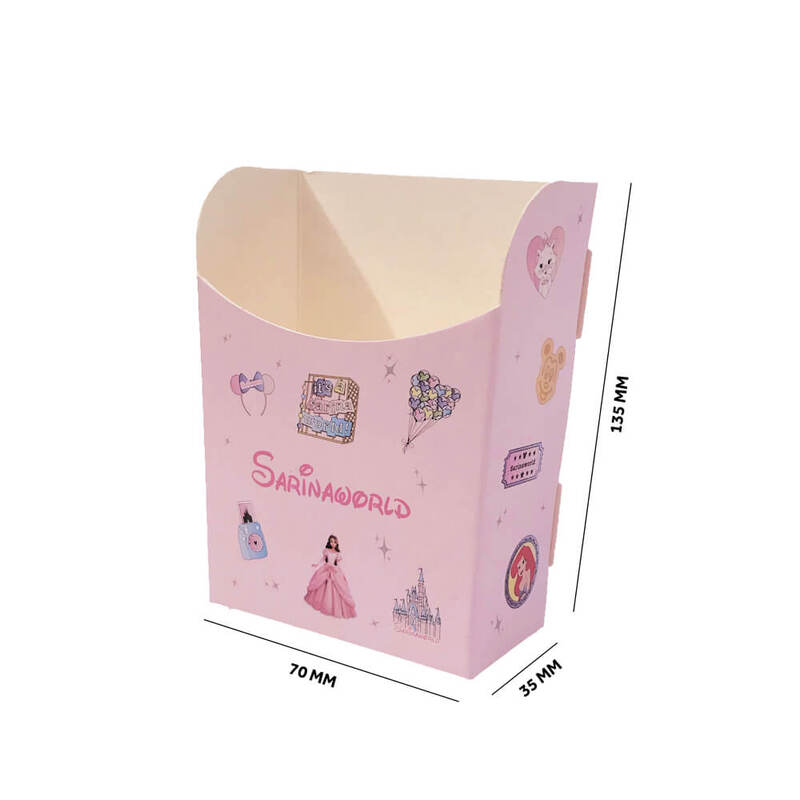The Rise of Reusable Bags A Sustainable Solution for Our Planet
In recent years, the conversation surrounding environmental sustainability has grown louder, prompting individuals and businesses alike to reevaluate their habits. One significant change that has gained traction is the shift from single-use plastic bags to reusable bags. This transition is more than just a trend; it reflects a growing awareness of the catastrophic impact plastic pollution has on our planet.
Plastic bags, once hailed for their convenience, have several detrimental effects on the environment. According to the United Nations, approximately 1 trillion plastic bags are used worldwide every year, with a strikingly low percentage being recycled. These bags often end up in landfills, waterways, and oceans, where they can take hundreds of years to decompose. Marine life, in particular, suffers immensely from plastic pollution, as countless animals ingest or become entangled in plastic debris, leading to injury or death.
In response to this crisis, reusable bags have emerged as a practical and eco-friendly alternative. Made from materials such as cotton, jute, or recycled plastic, reusable bags are designed to be sturdy and long-lasting. Unlike their single-use counterparts, which are designed for one trip, reusable bags can carry multiple loads over their lifespan, drastically reducing the number of bags in circulation.
The environmental benefits of reusable bags are compelling. By choosing to use them, consumers can significantly decrease their carbon footprint. A study by the National Geographic Society found that if every American used just one reusable bag instead of a disposable one, it could prevent about 1.4 billion plastic bags from entering landfills each year. Additionally, many reusable bags are made from sustainable materials, further reducing the reliance on fossil fuels and lessening the impact of manufacturing processes on the environment.
reusable bags

Moreover, the economic implications of using reusable bags are promising. While the initial investment in a reusable bag might be higher than purchasing single-use bags, the long-term savings are notable. Many retailers now offer discounts to customers who bring their own bags, which can quickly add up over time. Furthermore, as governments and municipalities move towards banning single-use plastics, adopting reusable bags can help consumers avoid fines and fees associated with non-compliance.
The shift to reusable bags also encourages a change in mindset. Using a reusable bag becomes an everyday reminder of the small, yet impactful choices we can make to protect our environment. This conscious decision to reduce plastic waste fosters a sense of responsibility and community awareness, paving the way for more sustainable practices in other aspects of daily life, such as recycling, composting, and conserving energy.
However, despite the benefits, the transition is not without its challenges. Some consumers may forget to bring their reusable bags while shopping, leading to occasional lapses back into plastic bag use. To counter this, individuals can establish new routines, like keeping bags in the car or near the front door, ensuring they are always accessible when shopping. Retailers can also play a role by providing incentives for customers to remember their bags, such as loyalty points or discounts.
In conclusion, the rise of reusable bags represents a crucial step towards combating plastic pollution and fostering a more sustainable future. By making a simple switch, individuals can contribute to the health of the planet and make a lasting impact on future generations. Embracing this change is not just an environmental act; it's a commitment to creating a world where nature thrives, and future generations can enjoy the beauty of our planet. Through collective efforts, we can turn the tide on plastic pollution, one reusable bag at a time.



